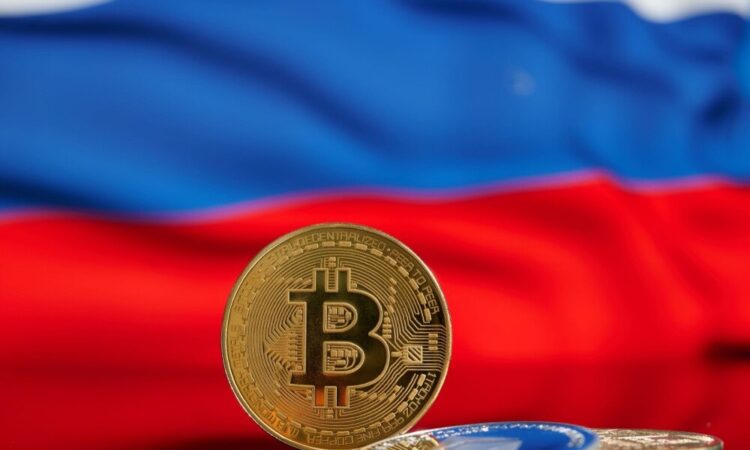Russian Companies Utilize Cryptocurrency for International Payments to Avoid Sanctions From G7 and EU

Some top companies in Russia have leveraged cryptocurrency’s quick and seamless nature to complete international transactions while avoiding potential actions from Western countries. At the time of writing, USDT, the largest stablecoin in the market has been utilized by two top metal-producing companies to facilitate payments as more sanctions are imposed on alternative payment methods by the G7 and the EU.
Companies Turn to Crypto as Alternatives for Cross-boarder Payments
To avoid sanctions from the Group of Seven (an international organization made up of developed countries like France, the United States, Germany, and Japan) and the European Union, some Russian companies have turned to cryptocurrency as a means for cross-border payments. Per a previous report by Bloomberg, at least two unsanctioned companies in the country have used the stablecoin USDT to complete commodities trade with China.
Additionally, to further prevent sanctions, these businesses have also used other options, like utilizing small and regional banks as middlemen to handle these transactions. However, these institutions have become increasingly cautious.
It is known that cryptocurrencies present opportunities for quicker and cheaper transactions. In less than a minute, an international payment can be completed with very little fees. Also, crypto transactions are not subject to sanctions and are decentralized, hence do not require any centralized authority or intermediary to complete payments. This is why it was selected as an alternative means by these companies.
Speaking on the matter, a crypto expert and a founder at Resolv Labs, Ivan Kozlov, discussed the advantages of using cryptocurrencies as a payment method, stressing on its speed and efficiency. “With stablecoins, the transfer may take just 5-15 seconds and cost a few cents, making such transactions pretty efficient when the sender already has an asset base in stablecoins,” he said.
Judging from this, other companies might follow in the same step. As G7 and the EU continue to roll out sanctions in a bid to isolate Russia from its close allies, the use of stablecoins and other cryptocurrencies might increase over time. Targeting financial institutions that use the Financial Messaging System (SPFS) of the Bank of Russia—a Russian substitute for SWIFT, the de facto standard for cross-border transactions—is the goal of the EU and the G7.






